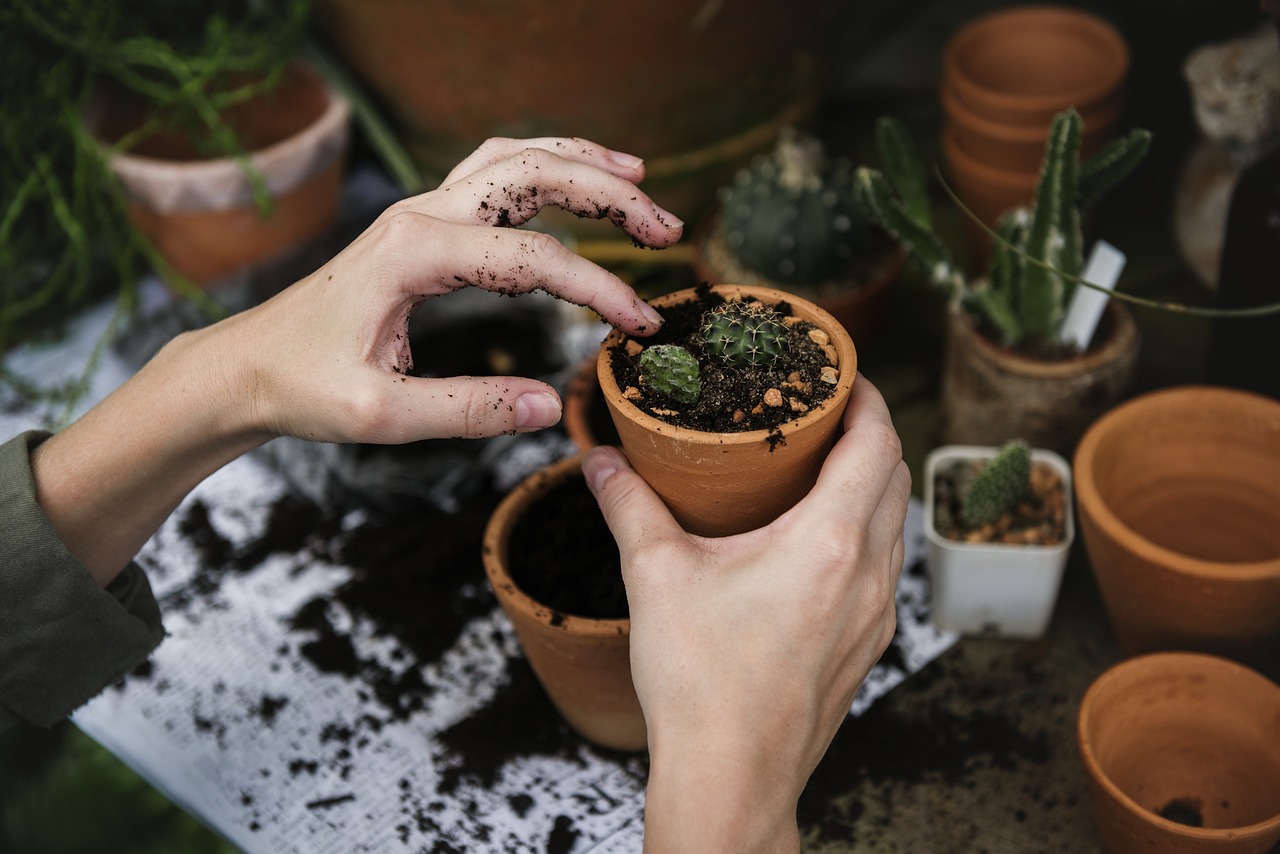Planting - Part 3
Tips for Urban Gardening - Part 3
1. Choose the Right Plants
When gardening in an urban environment, space is limited, so it's essential to choose plants that are well-suited for small spaces. Herbs like basil, mint, and parsley, as well as compact vegetables like cherry tomatoes, peppers, and radishes, are great choices for urban gardening.
2. Utilize Vertical Space
Maximize your space by utilizing vertical gardening techniques. Install hanging planters, trellises, or wall-mounted planters to grow plants upwards. This not only saves space but also adds a decorative element to your urban garden.
3. Use Self-Watering Pots
Urban gardeners often face challenges with watering due to busy schedules. Invest in self-watering pots or containers that can help regulate moisture levels and reduce the frequency of watering. This is especially helpful during hot summer months.
4. Implement Companion Planting
Companion planting involves planting different crops together to benefit each other in various ways, such as repelling pests or improving soil quality. Research companion planting combinations that work well together and can help maximize your urban garden's productivity.
5. Make Use of Natural Light
Most urban gardens have limited access to sunlight, so it's crucial to make the most of the natural light available. Position your plants strategically to ensure they receive adequate sunlight throughout the day. Consider using reflective surfaces to redirect light to shaded areas.
6. Regular Maintenance is Key
Consistent maintenance is essential for the success of your urban garden. Regularly check for pests, prune plants when necessary, and fertilize as needed. By staying on top of maintenance tasks, you can ensure a healthy and thriving garden.

Urban gardening can be a rewarding experience, even in limited spaces. By following these tips and getting creative with your gardening techniques, you can enjoy a lush and thriving garden right in the heart of the city.
Check out The Old Farmer's Almanac for more information on companion planting combinations.
